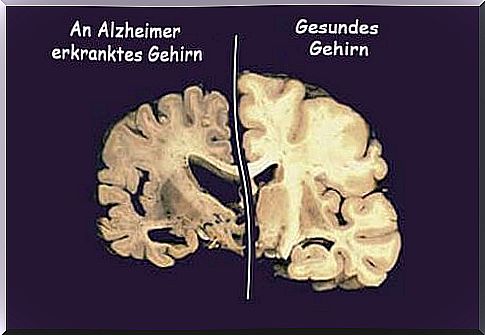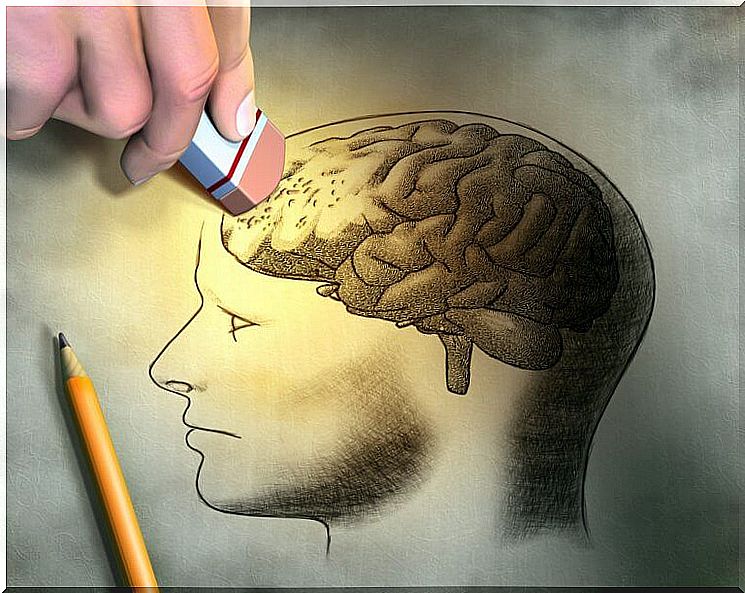Does Lack Of Sleep Cause Alzheimer’s?
Bad sleep habits affect brain health and cause long-term damage, such as Alzheimer’s or early severe dementia.

Sleep is essential for various brain processes and body functions. In the long term, a lack of sleep or sleep disorders can result in various diseases, including Alzheimer’s.
Sufficient sleep and a good quality of sleep are therefore of the utmost importance. You can learn more about it in this post.
Can Insomnia Cause Alzheimer’s?
Neurologists confirm that certain proteins that inhibit neuronal connection are produced in excess when sleep is deprived. Most elderly people suffer from Alzheimer’s, although shorter sleep times can also play a role.
Bad sleep habits affect brain health and cause long-term damage, such as Alzheimer’s or early severe dementia.
Lack of sleep triggers active degeneration of the neurons, which cannot be reversed with subsequent sleep, since the activation of the brain damage occurs during the lack of sleep and cannot be rebuilt later.
A healthy sleep-wake rhythm should therefore be adhered to every day.

Effects of insomnia on the brain
Irregular sleep has serious consequences for the brain, with up to 25% of neurons being lost. This loss not only has a long-term effect on health, it can also cause short-term consequences such as learning and concentration disorders.
During sleep, the brain breaks down toxins. This also means that the proteins that promote the formation of senile plaques are broken down.
The risk of suffering from Alzheimer’s disease is even higher in women than breast cancer. Here is some data on the difference between the male and female populations: 1 in 6 women are susceptible to the disease, while the rate is 1 in 11 in the male population.
Alzheimer’s is one of the high-risk diseases because there is still no cure and the treatments do not always achieve the desired effects.
Improve sleep quality
Fortunately, however, there are measures that can help promote a peaceful, restful, deep, and long enough sleep. It is important to have the right light during the day and darkness at night so that the body can prepare for sleep.
Even a small flux of light can sometimes disturb the necessary rest!

When changing shifts, the biological clock is out of balance, and as a result, those affected often suffer from sleep rhythm disorders. This can have a major impact on health and wellbeing.
Avoid late-night television or computer sessions. Then this activates the brain, which can affect the quality of sleep.
A warm shower before going to bed helps to relax and can be built into the night ritual. All electrical appliances should be kept away from the sleeping area, as noises or light can interrupt the night’s sleep.
Brain health and performance depends directly on the quality and duration of sleep, so it is important to ensure that you get enough sleep and also to adapt the bedroom to your needs.
In this way, mental and physical well-being can be promoted and various diseases can be prevented.









